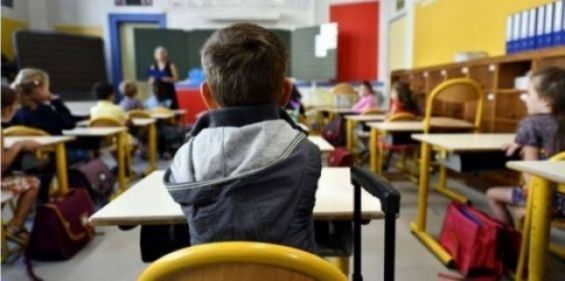The Ministry of National Education announced, Saturday, its plan for the 2020-21 school year. Morocco will be implementing remote learning for the start of the school year, with the possibility of mantaining in-class learning for parents who prefer this option.
On Sunday, the National Education Minister reassured parents and teachers, indicating that the plan for this school year «guarantees equal opportunities for pupils and responds to the requests of some parents». However, for the ministry's partners, this plan remains «difficult to apply» and «does not make sense».
«Having to choose between in-class education and remote learning is hard to implement», Noureddine Akkouri, the president of the National Federation of Parents' Associations in Morocco (FNAPEM), told Yabiladi.
Equal opportunities swept aside
«Public schools bring together a large number of pupils and if a big number of students opt for in-class learning, schools will be struggling to implement the needed preventive and sanitary measures», he explained.
Furthermore, Akkouri gave the example of parents who want their child to attend school after having opted for distance learning. «What should they do ? Are they supposed to go to every school out there to figure out which one provides in-class learning ?», he asked.
«Implementing this decision is a problematic, because it will directly impact the overriding objective mentioned by the Minister, which is the health of students, because there will be a great influx and parents will be lost», he added.
For the association, «even within cities, there are vulnerable areas, where students do not have access to a smartphone, tablet, computer or the Internet». Added to this is the fact that «some parents are neither civil servants nor employees and have no one to look after their children», if they opt for distance education.
«The ministry should have met with partners to discuss options and find a plan to manage this issue because there are other solutions. To us, we must postpone the start of the school year and maintain the current period for distance support program».
The president of FNAPEM underlines, moreover, that «if Moroccans decide to all opt for in-class learning, we cannot prevent them from doing so because the Constitution guarantees them the right to education». «How can we ensure equal opportunities throughout Morocco, if some of the students can attend school while others study remotely ? These students cannot take the same exams, which will already create confusion», he regretted.
Acknowledging existing disparities
For his part, Abderrazak El Idrissi, secretary general of the National Federation of Education (FNE), believes that «the decision of the ministry to leave the choice to parents makes no sense». «It only aims to empower parents», he added.
The trade unionist recalls that «everyone admits that the conditions of the education system before the pandemic were not good» and «all the reports agree on this point».
«Giving families a choice means asking them to take responsibility for their choice, which is not reasonable. Education must be uniform in our country, so that everyone can integrate public education, which must be accessible to all, without discrimination».
The national secretary general of the FNE considers that «the government should have assumed its responsibility and recognized the adoption of distance education as an educational framework, while fulfilling the conditions necessary for this decision because we must not repeat the same experience, as in March».
«The Minister of National Education sees distance education as a good thing but we say the opposite, because there is disparity between social classes regions», he added.
«In the amended finance law, the budget of the Ministry of National Education was reduced by five billion dirhams while we called for its increase. We are moving towards further privatization of education, which harms our country, the educational system, our future and that of our children», he denounced.




 chargement...
chargement...












